Health workers rejoice having clean water in South Sudan’s Malakal Civil Hospital
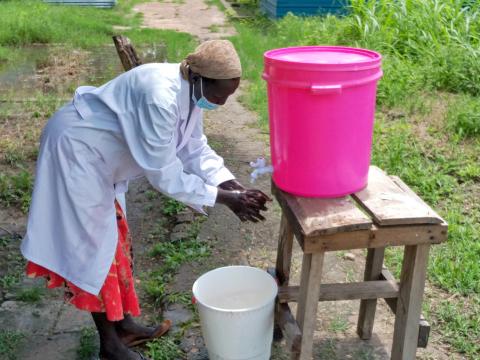
“Our water system in the hospital was destroyed during the conflict in 2013”, says Angelina, 59, who has been working as a nurse for 32 years.
This mother of eight supervises the nursing team in Malakal Civil Hospital in South Sudan’s Greater Upper Nile State.
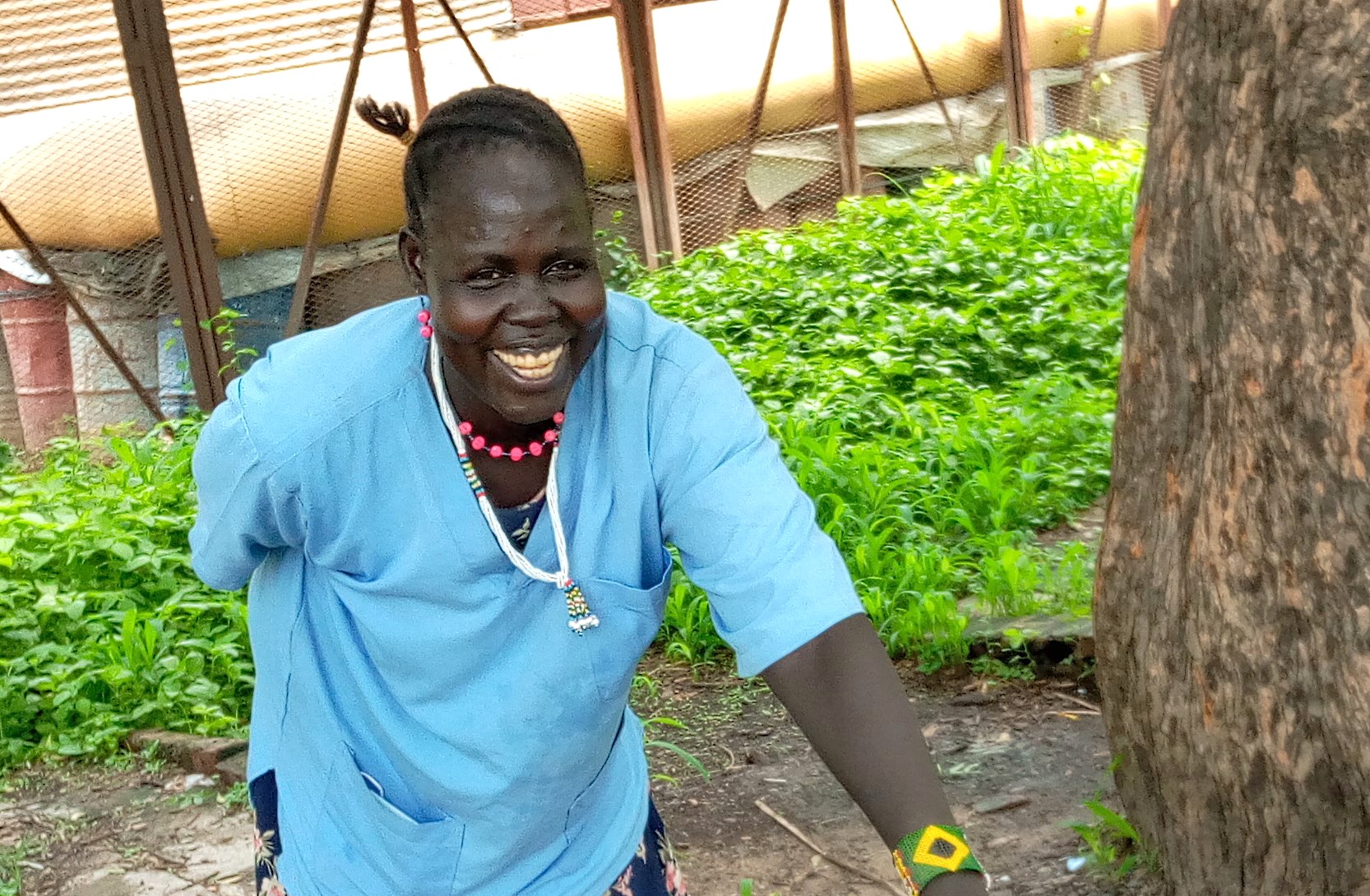
She recalls, “We have no clean water for four years until 2016 when World Vision installed the Surface Water Treatment (SWAT) system at the hospital.” Angelina said they fetched water from the river to support the hospital’s daily activities.
“About 10 mothers deliver babies at the hospital per week, water is needed for washing, cleaning and bathing. It was a challenge to fetch more than haul 10 jerry cans daily”, she says.
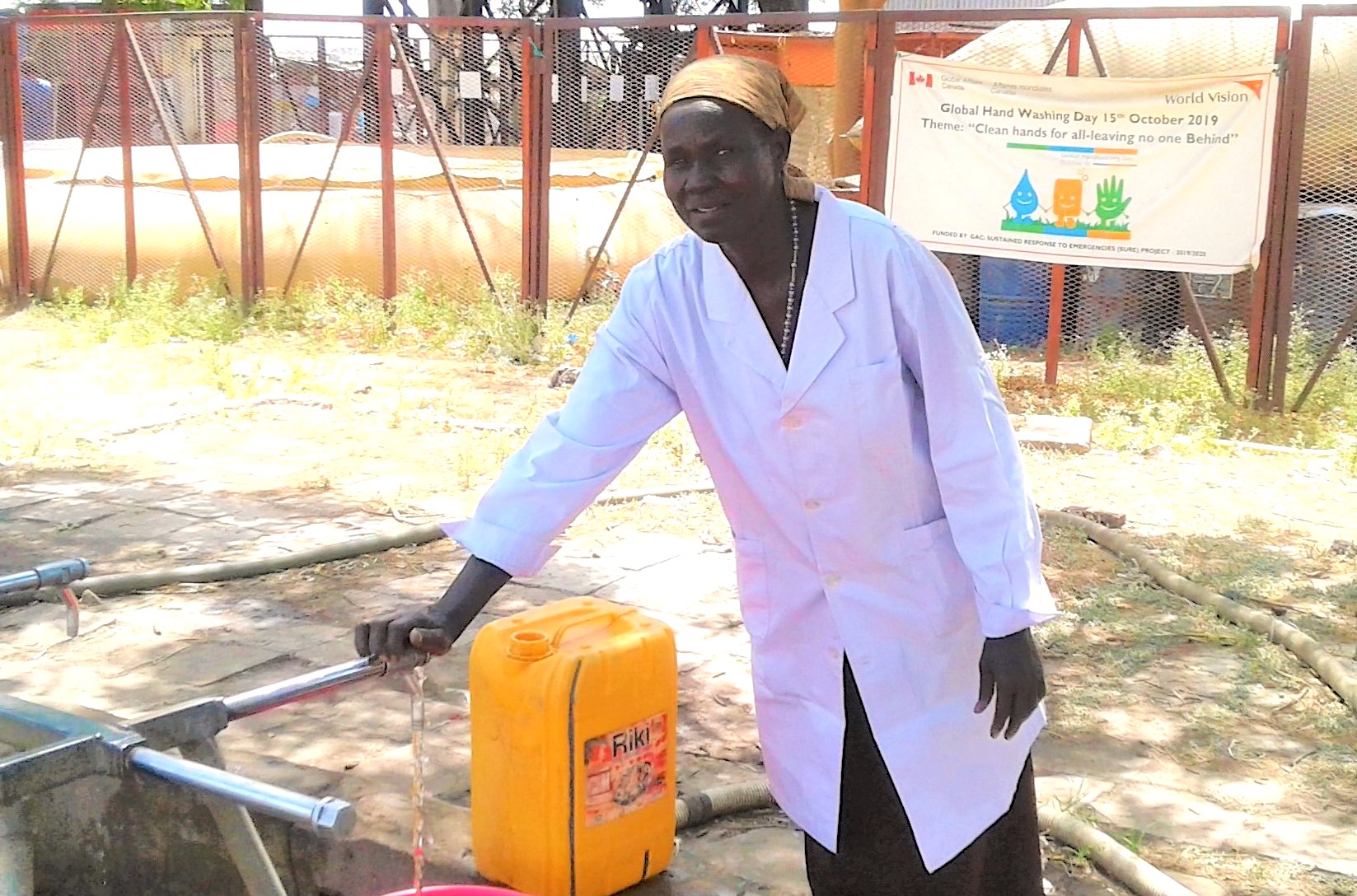
World Vision, supported by Global Affairs Canada (GAC) through the Sustained Response to Emergencies (SURE-II) Project, constructed nine water tap stands in the hospital. “Our work as health workers taking care of the patients became easier.”
The extension of water pipes to the COVID-19 isolation and maternity rooms reduced the risk of spreading the virus, overcrowding at water outlets and ensured people can wash their hands to be safe.
Angelina further shares, “The extension of water pipes to the COVID-19 isolation and maternity rooms helped reduce the risk of spreading the virus, overcrowding at water outlets and ensured people can wash their hands to be safe.’’
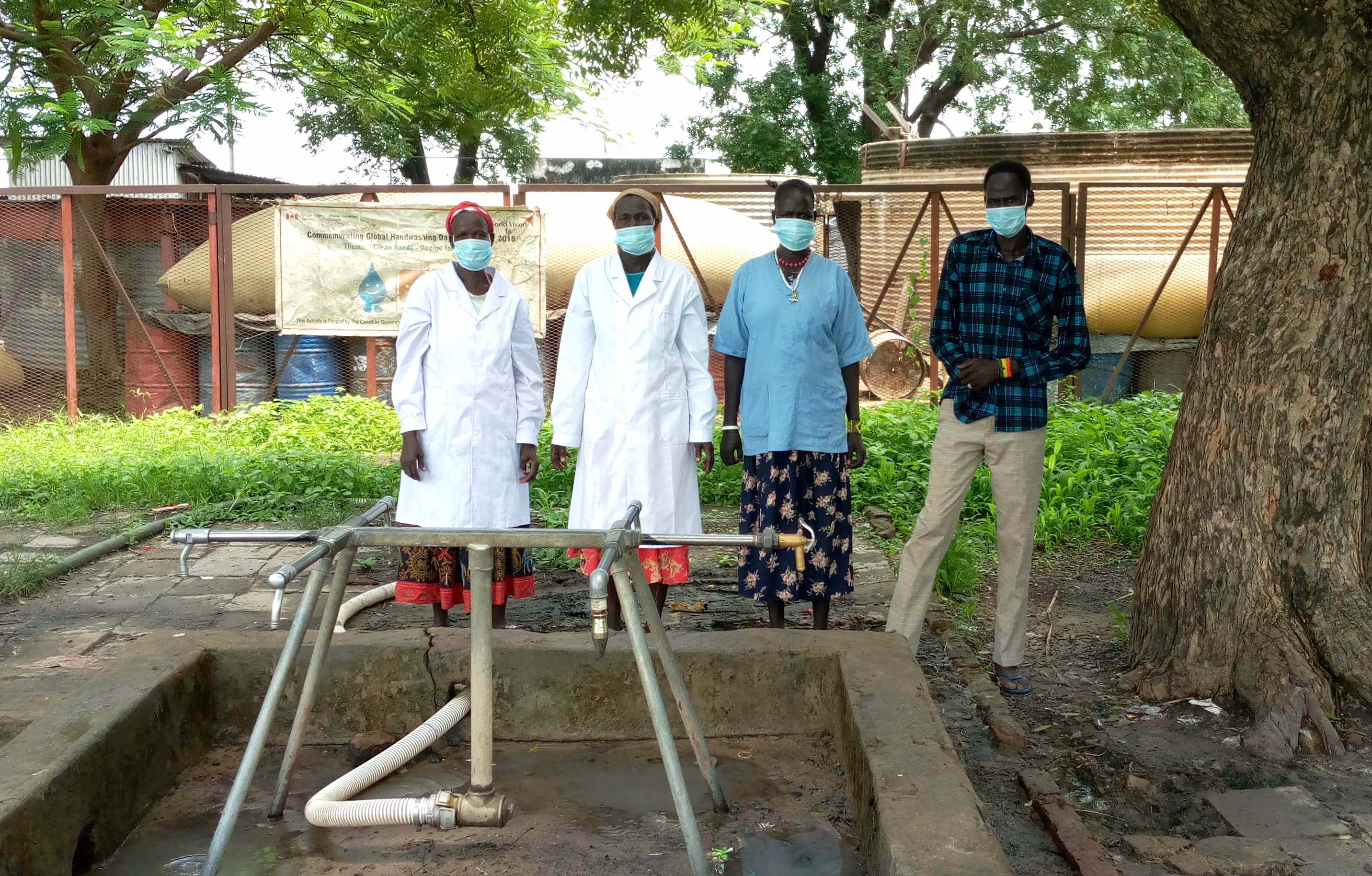
Nyana, 10, shares her joy, “Apart from our use in the hospital, we also fetch water in the taps for our home use as we live nearby. I help my mother get water as she works. We used to fear going to the river and often get sick with the dirty water we consume.”
Malakal Civil Hospital is a government-owned hospital built in the 1940s. Angelina says, “We are still recovering from the impact of the clashes. Many people still live inside the Protection of Civilians (PoC) site. This water system supporting the communities can encourage people to return home.”
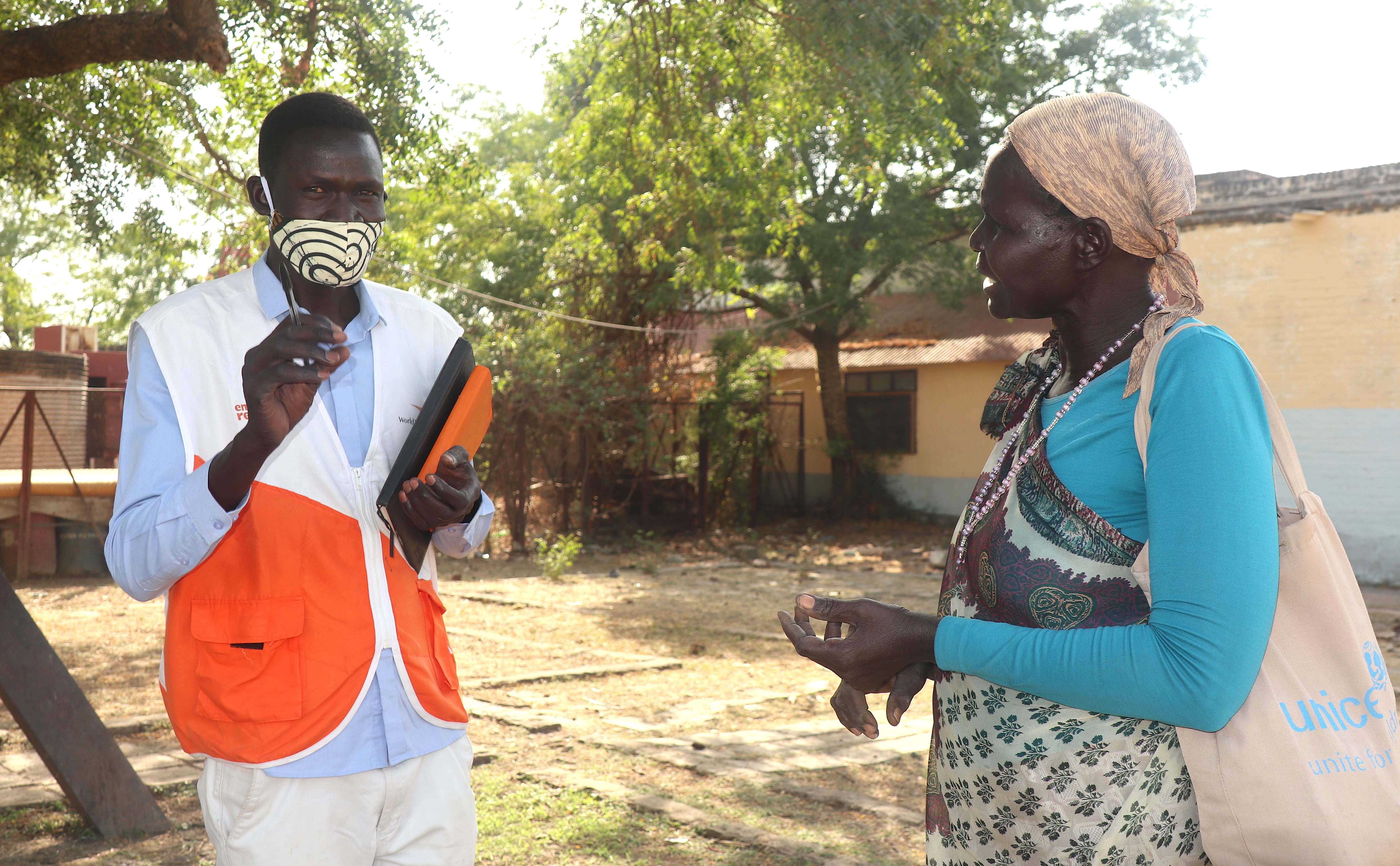
Chol Monyjok, World Vision’s WASH Officer in Malakal says, “We work hard to provide people with clean and safe water and help eradicate water-borne diseases.” The water system produces 195,000 liters per day for the county’s population.
World Vision’s Project Manager Amos Musembi says, “GAC’s support for clean water initiatives for health facilities, schools and households does not only contribute to prevention of diseases but prevent gender-based violence against women and children.”
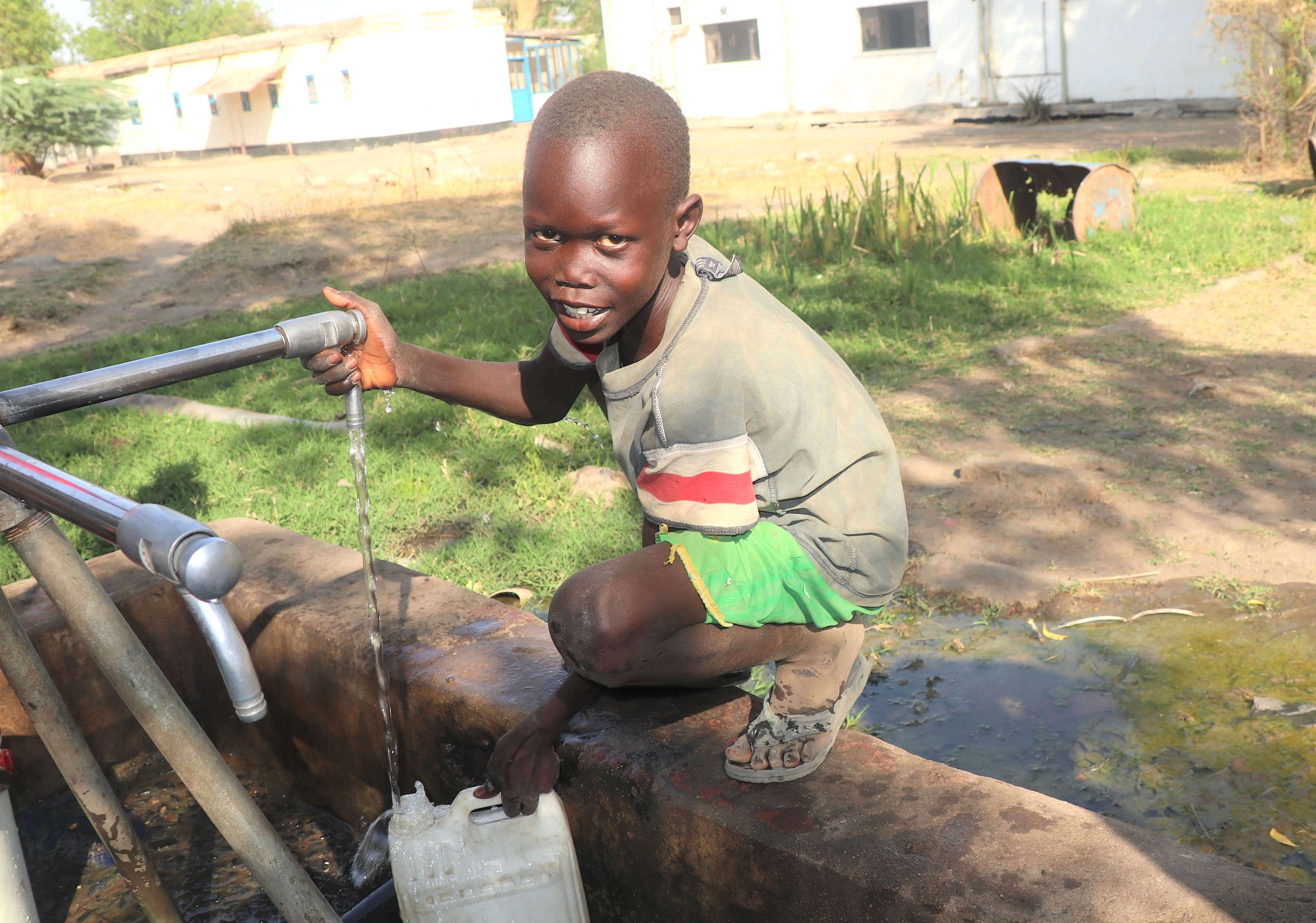
Story and photos by Chol Dau, WASH Officer and Scovia Faida Charles, Communications Coordinator